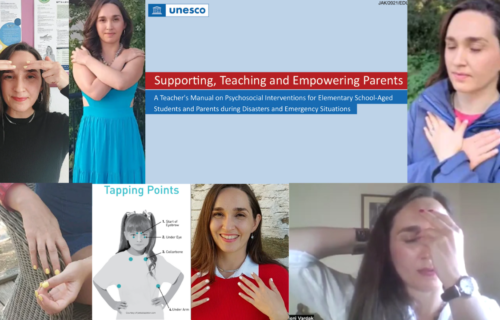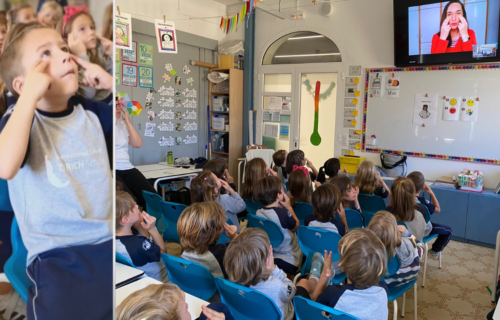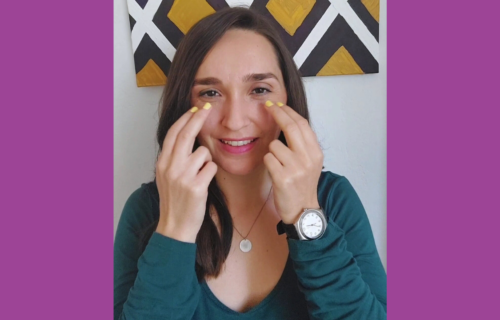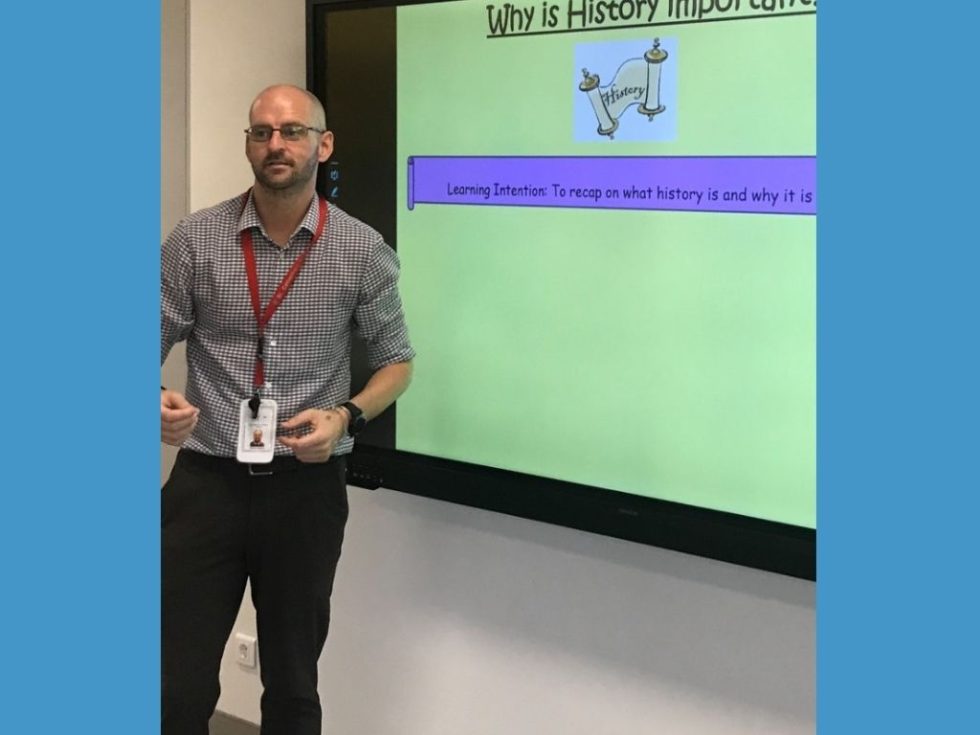
Caring For, And Developing, The Whole Learner
GUEST WRITER: How can teachers care for the whole learner, rather than just focusing on teaching subject knowledge and skills? Matthew Sharrat is an international school teacher who wrote this article as a reminder that:
- there is more to a learner profile than just academic data; it’s all aspects (organisation, punctuality etc), and it is a teacher’s responsibility to improve all these facets on all students. Discussion, communication and praise can all be used to focus on non-subject specific skills.
- change takes time. Allow time out of a class and in a class to talk to your students, to their other teachers, to their parents. You learn a lot about these students, and while it does take time, it is worth it. Know your students.
- students should be held accountable for their learning and their work. Show them that things can be improved and that they can do it.
BEFORE BEcoming a head of year
A theme in my career has been to build relationships and to ‘grow’ a student and help them mature. Trying to get students to see they have more choices in life such as:
- “My parents, grandparents were all doctors, so I’ve got to be a doctor.”
- “I’m gonna get pregnant at 16, and drop out of school.”
- “I’m marrying a footballer, a rich man who will look after me, so I don’t have to work.”
I have always tried to engage students in their learning, both subject specific but also the learning young people go through as being part of a community. I have failed if I have not made my students better humans, better students and better Historians..
What motivated me to get more involved pastorally is that question of: ‘Do we need our students to just get better academic results… or do we need them to be better people?’ If we want the world to be a better place, we need them to be better people – the results will follow.
It certainly is how I have lived my life so far. I am constantly growing emotionally and academically and sometimes there are hard lessons to be learnt but that is how we evolve, we often learn quicker from mistakes. Students should be allowed to fail there is no harm in it – it is how you react to the failure that is key. If you judge a fish by its ability to climb trees…
developING the whole learner as HEAD OF YEAR
The job of a Head of Year 7 isn’t just about that year, you’ve got to have the long-game in sight. You’ve got to set the foundation for guiding that kid from Year 7, all the way to age 18. There’s no one thing, no one solution, because every child is different. Different kids have different pastoral needs. It’s about chipping away at them, bit by bit.
It’s not just about what grade they achieve in Year 7. It’s about: Where do you want them to get to, by the time they leave your care? It’s about showing your students that you’ve invested in them as a person, and that they’re not just a number on a spreadsheet/markbook, or a result.
Example: ‘Student X needs to learn Y by Friday.’ I think a lot of secondary school teachers see their job as “I’ve got to turn this student around by the end of the week,” and as revolving around quantifiable results.
But it’s the non-quantifiable results that are just as important. Within a class, you have massive diversity of learning needs. For one student, an achievement could be staying sat down for a lesson, for another it could be recognizing that they actually can achieve an A* in their GCSE exam.
You get trapped as a teacher, in a cycle of focusing on results, progress and targeted improvement. It is all too easy to think that everything has to happen a certain way that will allow you to prove and evidence your impact, your input into someone’s learning (i.e. increased attendance, better marks).
If you are making everything perfect, the work, the behavior, that everything has to be to Ofsted’s standards we are simply missing the fact that humans are not perfect. We’re adaptors, skilled evolutionists – we need flexibility.
But even Ofsted’s assessment criteria of lessons has evolved now, it’s no longer just about what we see in that one lesson, but how far what we see demonstrates progress from the ones before. It’s more focused on long-term outcomes. Gone are the days of “look how engaged the students are in this one lesson”; now it’s about a Growth Mindset – and yes, there are academic results that have to evidence this.
CARING FOR THE WHOLE LEARNER: WHAT THAT ENTAILS
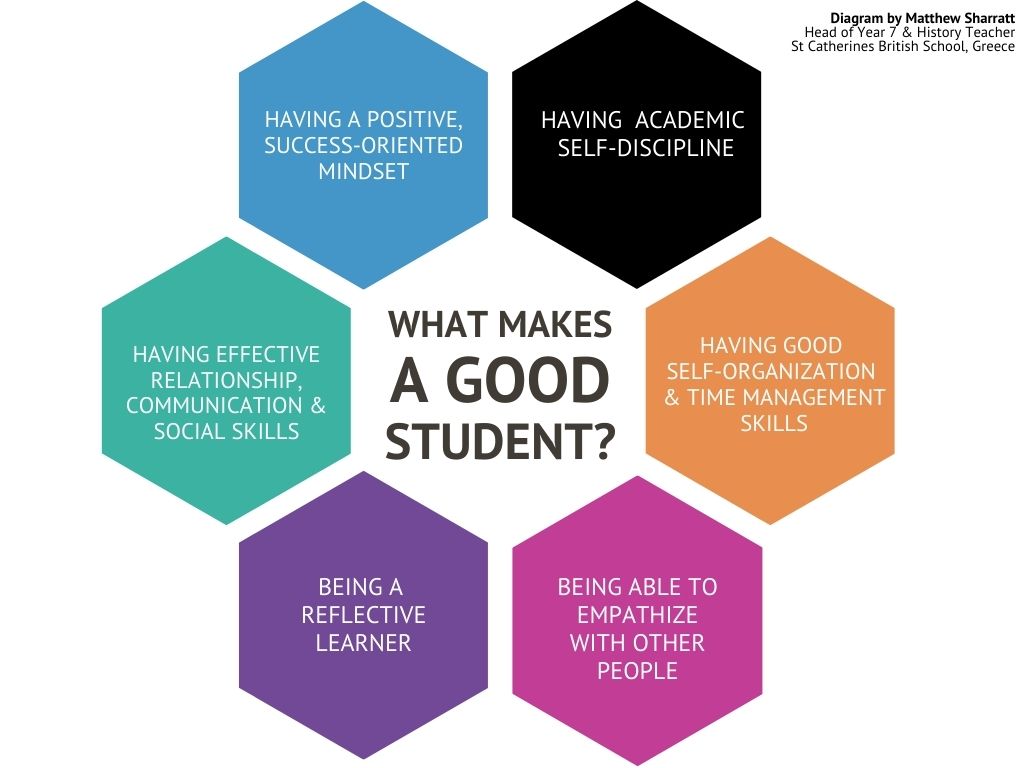
SOCIAL, RELATIONSHIP AND COMMUNICATION SKILLS
A lot of the skills a student needs are not subject specific. And a teacher still has a responsibility to teach, advance, and feedback on those skills. Sometimes we can be too focused on the subject, at the expense of a student’s long-term pastoral development.
EXAMPLE 1: THE SKILLS OF CREATING SUPPORTIVE & AUTHENTIC RELATIONSHIPS
A friendship problem students can face is feeling pressure, from parents and peers, to be friends with certain people (and to not be friends with certain people). Feeling they have to be friends (or not) with somebody, simply because of family expectations, social status, race, age, gender etc. Navigating friendships is pivotal for students to be successful, and there are many ways to do this. Successful people have successful relationships, and students adhering to pressures to amend their social group will make their life journey a lot trickier. Whereas if the student was actually honest with the ‘friend’, that’s a big lesson learned.
If a student is being encouraged to develop a ‘fake self’, then how can they be expected to develop true, meaningful relationship as adults? A lot of adults struggle continually with relationship expectations in many different aspects. Think of how much of our lives as adults revolves around this.
EXAMPLE 2: THE SKILLS OF ASKING A QUESTION
“Sir, I don’t understand this” is a common statement in all classrooms. But if this is followed up with clear and precise inquiry about the confusion, it can lead to more rapid progress. Analysing a ‘sticking point’ as a learner is incredibly valuable, and seeking help with this is no issue at all. Students can too often be encouraged to not speak in a class or not show weakness, when actually asking questions can be a very strong life skill that serves them well. The student can make significant strides in their understanding by recognising that they can go further and faster in their learning by being proactive.
EXAMPLE 3: THE SKILLS OF APPLYING FEEDBACK
Good students don’t just read the feedback their teacher gives them for how to improve, they apply it. They can even independently reflect on their learning and their progress. If you show a model exam answer to help them understand how to achieve their goals, the student still needs to have a set of internal questions. These will enable them to apply the necessary skills to connect the feedback, the model answer and the success criteria.
EXAMPLE 4: THE SKILLS OF RELATIONSHIP MANAGEMENT
Teaching styles vary in many ways and teachers have different skills sets. It takes strong social skills such as adaptability to be able to adapt to different teaching styles, and levels of organization, and to be able to do well, irrespective of who is teaching you.
EXAMPLE 5: THE SKILLS OF ASKING FOR HELP
We are living in very strange times and 2020 has not gone well for many people. Well being, physical and mental health are all key to success and the bigger picture here is very important. We all need support at times and there is a need for a strong community bonds.
EXAMPLE 6: ACCEPTING THAT MISTAKES CAN HAPPEN
I think students making mistakes is an important part of learning. If a student misbehaves then sincerely apologises and the next time they may be better able to communicate with the teacher or the teacher able to read the signs. That initial mistake has lead to an improvement.
These relationship-repair skills are transferable to outside of classes, they are hard to measure, but are vital as a life skill. You can be the best student academically but if you have no relationships with any teacher or student then that is a major concern. Ultimately, we all make mistakes. It’s not about striving after an impossible ideal of being someone who never makes mistakes. It’s about how you deal with them. Instead of saying ‘Don’t make mistakes’, we should be advocating for ‘Respond well to mistakes’.
Some schools and subjects split classes by ability. This can be in a specific subject or by a cluster of subjects, Literacy subjects for example. Although as a teacher there are many academic benefits, it often does not support the learner’s holistic needs. For example, the student may be in the top set for Maths, but their social relationships skills may be lacking in development.
OTHER CHARACTERISTICS OF SUCCESSFUL STUDENTS
HAVING A POSITIVE AND SELF REFLECTIVE MINDSET
Somebody with a lower academic starting point can grow quicker in a year than a more able student who’s lazy or not engaged, because they have a more positive, success-oriented mindset. A student could be self-disciplined, but that in itself isn’t enough to achieve academic success, because they also need to be self-reflective and open and positive mindset towards developing good habits.
BEING ABLE TO DEMONSTRATE EMPATHY
If poor empathy is in balanced within a class the focus of the lessons can often change from personal or academic growth to a more negative outlook. How does a teacher start to improve this? How do you ensure better empathy? Neither of these things are on syllabus’ for subjects but they are key. If a student can understand what other learners or their teachers are going through they will ave better access to the subject.
THE REALITY OF TIME MANAGEMENT
The pressures on our students’ time is immense, and although the benefits of down time are obvious it must be acknowledged that time pressures change immensely from week to week. The bottlenecks are the issue and must be recognised, planned for and navigated with grace.
IN CONCLUSION
The skills, mindsets and attributes I have discussed here are not quantifiable. A teacher must be flexible and always think of the long term. But a successful teacher will be like:
- “Right, which students are the ones who need to improve their time management skills, and how can I help them?”
- “Which students need to ask more questions?”
- “How do I help them?”
These are skills we usually associate with maturity and adulthood. It’s not just ‘How do I make them remember these facts?’ Being a good historian isn’t just about learning History, it’s about all these elements (and hundreds more) coming together.
ABOUT THE AUTHOR
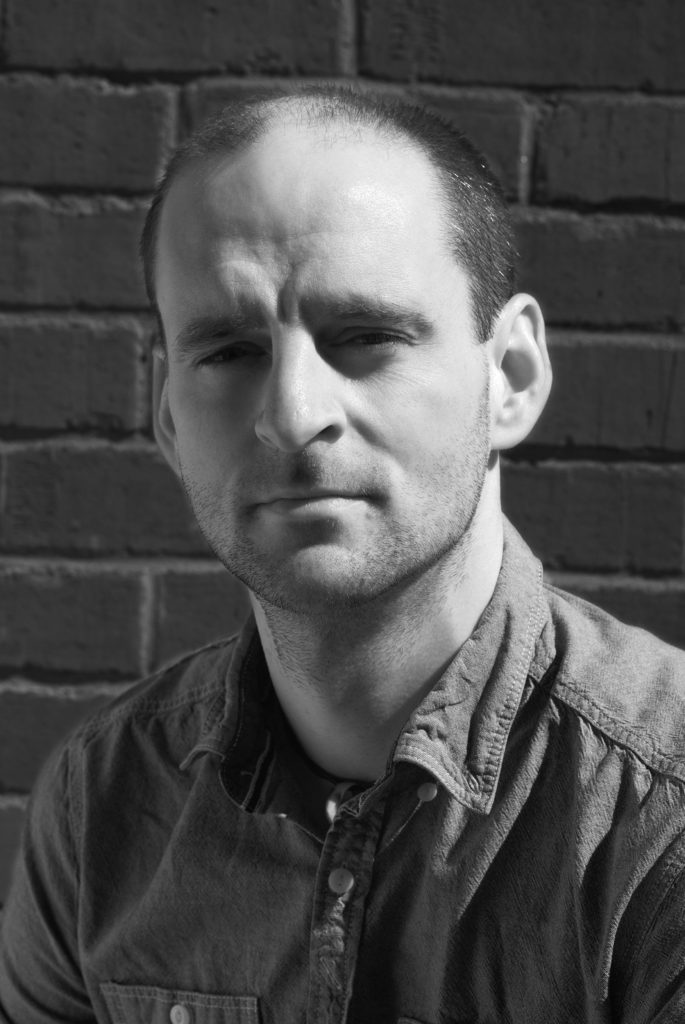
Matthew Sharratt has been working in the British Education System since January 2003, in which time he has worked in many different aspects to support the schools, students and colleagues he has worked with. In August 2016, Matthew moved to an international school in Athens, Greece. As of September 2022, he will be working in an international school in Dubai.
“No two days are the same in teaching and this is why I Iove it so much.” – Matthew

